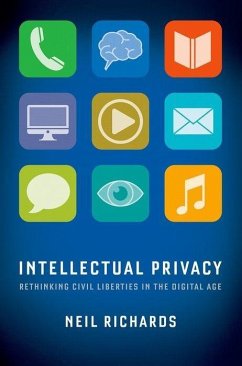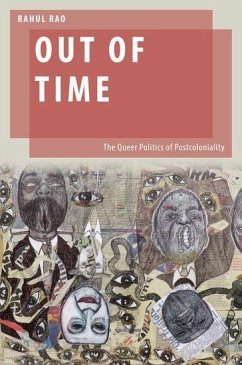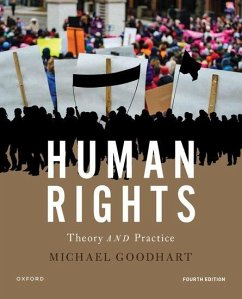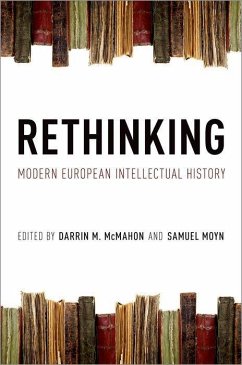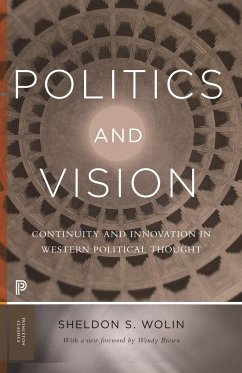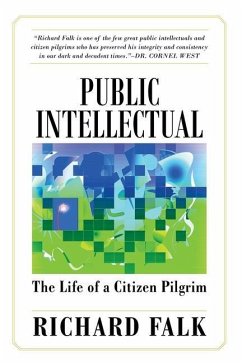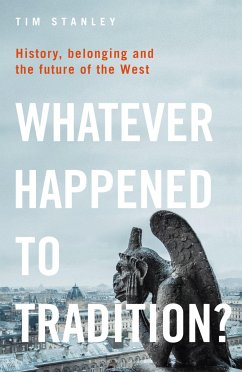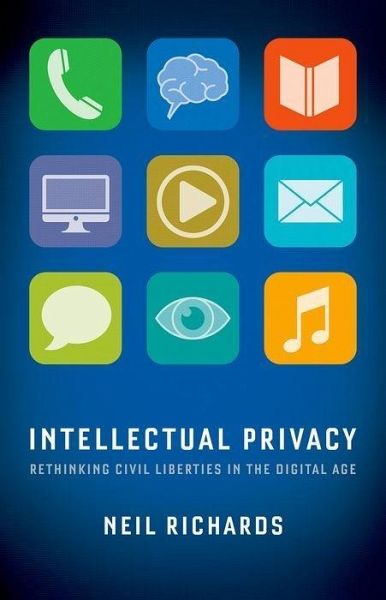
Intellectual Privacy
Rethinking Civil Liberties in the Digital Age
Versandkostenfrei!
Versandfertig in 1-2 Wochen
33,99 €
inkl. MwSt.

PAYBACK Punkte
17 °P sammeln!
How should we think about the problems of privacy and free speech? Neil Richards argues that when privacy and free speech truly conflict, free speech should almost always win, but contends that, contrary to conventional wisdom, speech and privacy are only rarely in conflict.





